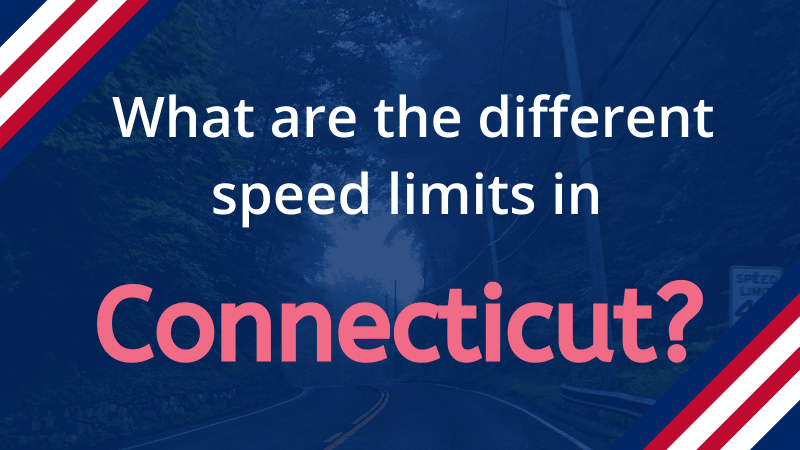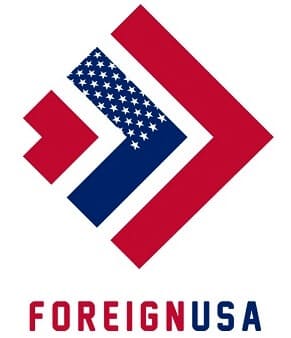Anyone that lives in, is looking to visit Connecticut, or who plans to journey through the state by car must understand what the Connecticut speed limit is.
Laws surrounding speed limits are quite stringent in Connecticut, much the same as anywhere else in the U.S. However, it is better to be safe by abiding by the Connecticut speed limit as it will not only cost you less in fines and potential points on your license, but it can help save yourself and others from unnecessary accidents.

The Connecticut Department of Transportation has established the safest speed limits to travel in specific state areas and roadways. Connecticut, like a lot of other states, has two different types of speed limits, basic and absolute.
Connecticut’s basic speeding law does not allow driving at a speed “greater than is reasonable, having regard to the width, traffic, and use of a highway, road or parking area, the intersection of streets and weather conditions.”
What this means is you must always drive at a safe speed for the conditions in which you are driving in, and driving at or below the signposted speed limit doesn’t always mean that you won’t receive a ticket. If you commit a basic speeding violation, it is labeled “traveling unreasonably fast”, which is an infraction.
The absolute Connecticut speed limit is a lot more straight-forward – what you see is what you get. If you drive faster than the signposted speed limit you see, you will receive a speeding-related fine and potential points added to your license. The statewide maximum Connecticut speed limit is 65 mph. The speed limits in urban residential and business districts tend to be 25 mph unless signposted differently, while the limits in urban freeways will range from 45 to 55 mph.
Here are the other speed limits in Connecticut
- 15 mph is the speed limit in Connecticut for school zones.
- 40 mph is the speed limit in residential areas of the state.
- Undivided roads in Connecticut have a maximum speed limit of 55 mph.
- Divided roads in Connecticut have a maximum speed limit of 55 mph.
- Urban freeways in Connecticut have a maximum speed limit of 55 mph.
- Rural freeways in Connecticut are 65 mph.
Fines & Point System When Exceeding the Speed Limits in Connecticut
Like pretty much all other states, Connecticut employs a point and ticket system as a penalty for exceeding the speed limit to keep drivers safe and responsible. The points are assessed whenever a driver is to commit a traffic violation and the points are accumulated based on the severity of the incident.
An example would be, a driver could receive 1 point for speeding, and an additional 4 points for passing a stop sign. If you receive 6 points on your license in Connecticut, you will receive a warning letter from the DMV (Department of Motor Vehicles). If you receive 10 points, your license will be suspended for a certain amount of time.
When it comes to speeding tickets and fines in Connecticut, you can receive a fine as low as $35 for exceeding the prescribed speed limit by 1 to 9 mph, on the other side of the coin, you can receive a ticket for as much as $200 if you are driving a truck from 81 to 85 mph. The fine is only a small part of what you must pay, there are a few additional surcharges, fees, and assessments that must also be paid.
An example of this would be, the fine for going between 1 to 9 mph above the speed limit is $35, however, the amount you must actually pay with the addition of all of these charges is $103. It can be higher depending on where the violation occurs, whether that be a highway under construction or even a school zone.
When relocating to Connecticut, passing through the state, or just simply visiting on vacation, there is a multitude of fun things to do and places to see. However, knowing and adhering to the Connecticut speed limits is essential in order for you to avoid penalties and potential accidents.


